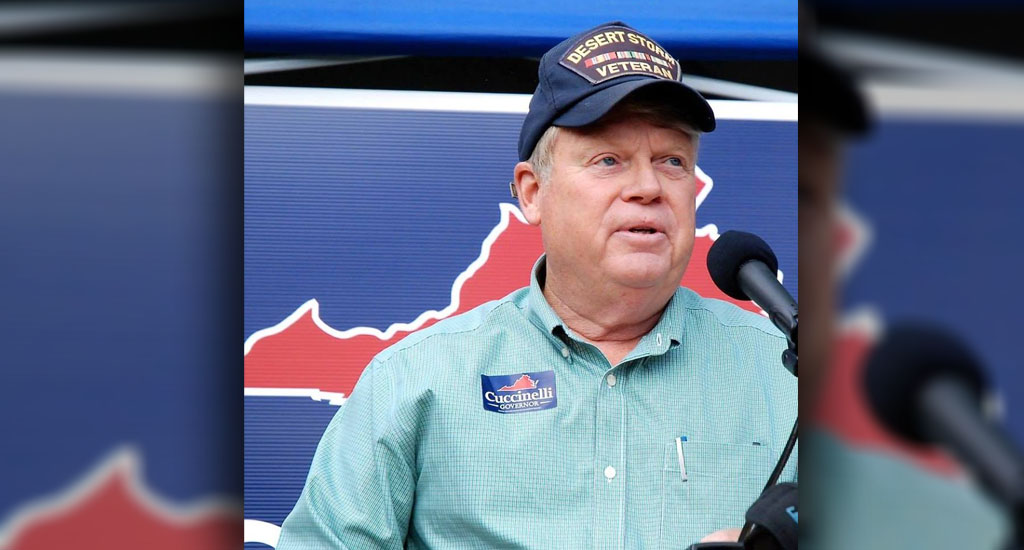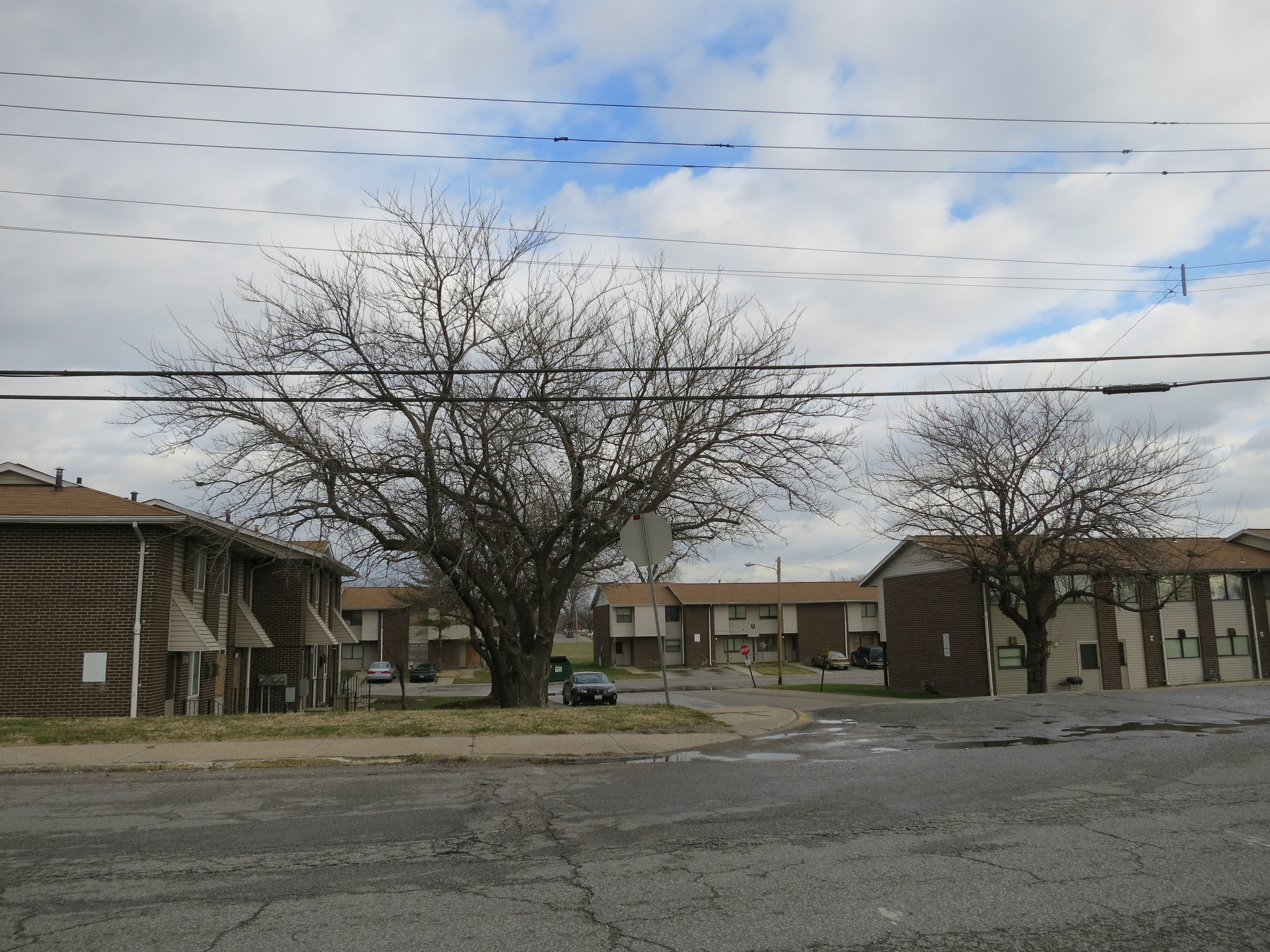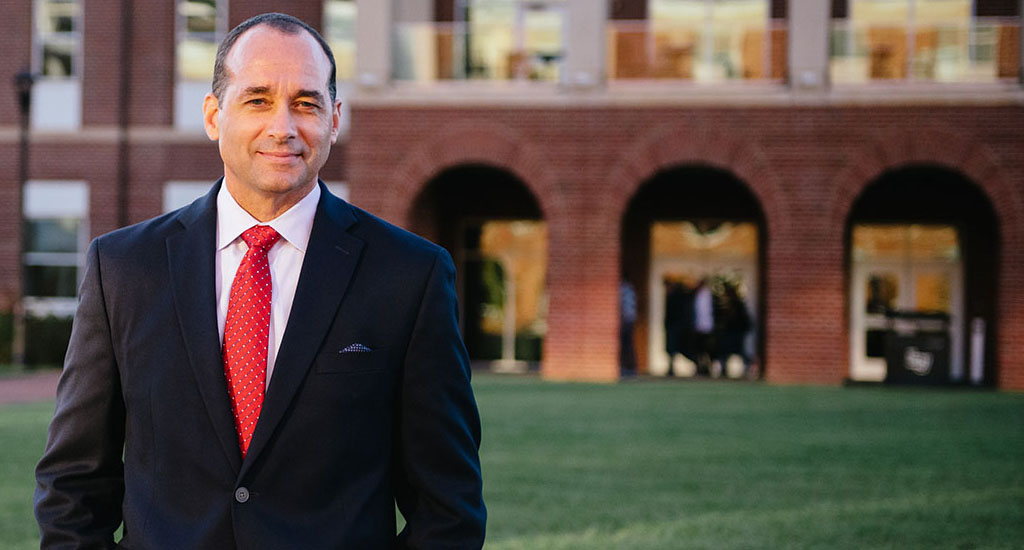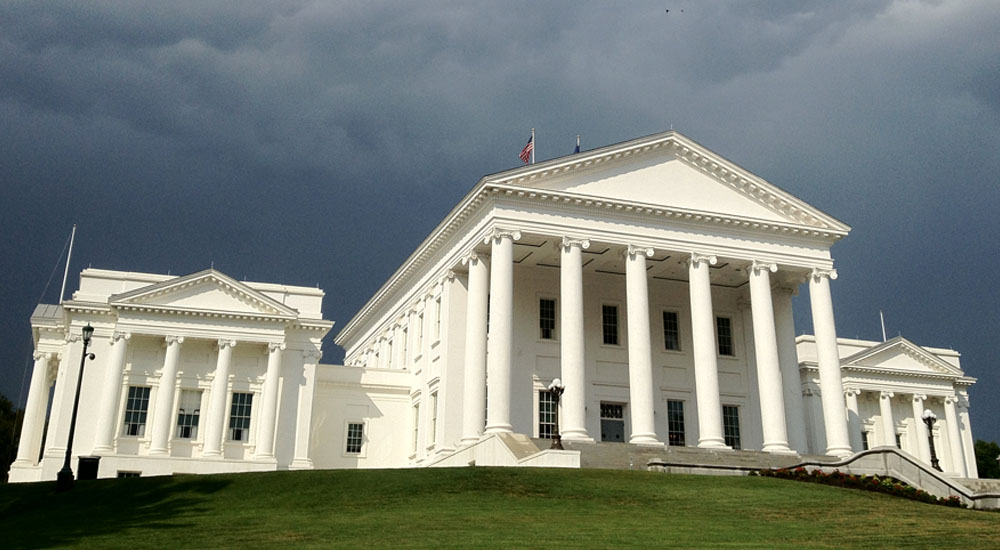As I talk to folks, some say that what we need in the conservative movement is a leader—rather leaders—who will actually lead with conservative principles in mind.
“I’m a Reagan Republican” some will say as if conservatism can be summed up in the persona of one person. Yet others lament—even to this day—that someone like Ted Cruz isn’t president. Still others look for people like Rand Paul with his Libertarian bent. Many, sincerely so, see President Trump as that person and his unabashed, nonconformist approach to governance is inspiring to many. Truth is, he is showing the boldness many of us look for in leaders and he has both my support and prayers for success.
Still, I recall the ballad by Johnny Lee “Lookin’ For Love” with its refrain:
“I was lookin’ for love in all the wrong places;
Lookin’ for love in too many faces”
I wonder if, as we struggle to reconnect conservatism with many faces whether we just may be looking in the wrong places.
In recent years, conservatives have looked for the new Reagan. There have been many pretenders and many fewer with the credibility and a plan of action to fill his shoes. That said, conservatism in America is fighting a rear-guard action with preventive or delaying measures and tactics against liberal forces dead set on changing American into something unrecognizable to many of us. We face great odds in defending conservative policies just as an army in retreat or at least one manning a besieged garrison.
But there is no conservative Joan of Arc waiting to ride forward to reassemble a demoralized army and spur them to action. And if we spend time looking for her, or her masculine equal, we will continue to man the walls of a political castle certain to fall into enemy hands. It will take a lot more than a single leader to restore conservatism in America.
It is time that conservatives turn to the real work before us: revitalizing the conservative movement among and within the institutions of our society, both private and public.
It’s commonly acknowledged that both public education and universities are now in the hands of liberals who have utter distain for conservative thought and actively fight conservative policies. Mainline churches and other religious organizations are either hostile toward conservatives or, at best, benignly tolerant of our message hoping that we will become disinterested in them and just go away. Even some businesses in America market in liberal thought, rhetoric, and actions (political-correctness) not wanting to be labeled the next Hobby Lobby or a Chick-fil-A, both of whom are unashamed to embrace conservative traditions and values. Boycotts would be sure to follow, right? What is left of journalism in America is clearly in the liberal camp and even some conservative institutions like the Boy Scouts have taken a position cowering in anticipation of the next legal assault by the far left. The entertainment industry is no more than a vile pit of hedonism that mocks and despises conservative values.
That is the challenge. The revitalization of conservatism must begin with the institutions of our nation, not simply in searching for and commissioning the next leader to take the field and guide us to victory. Much more is required as well as time and effort. A presence, physically and virtually, by conservatives inside the institutions of education, religion, business, and community organizations and activities, is vital in reconnecting people to the value and importance of conservatism.
In short, it’s where our work must take place if we are to answer a fundamental question for people of all backgrounds such that they embrace conservatism; “How does conservatism help your life?”
Until we reengage these institutions, secular, scared, private, public and political, not only through determined advocacy but through our presence vocationally within them, we will fail to reverse the damage of modern liberalism—indeed socialism—that is postured wittingly or mistakenly to destroy the virtues, traditions, and social mores that make us a nation worthy of self-governance.
As Russell Kirk wrote of conservatives in 1989, “Their obligation is the recovery of moral order and political order, a task to stagger Hercules. Their adversaries are the Four Horsemen of the Apocalypse—in particular the Fourth Horseman who is called Revolution.”
That revolution has taken the form of a counter-revolution against all that we love, offering class warfare, identity politics, and disestablishment of our rights and freedom in exchange for a socialist agenda that F.A. Hayek called “The Road to Serfdom”, his classic work.
Presciently yet, it seems to me, that Kirk’s words of three decades ago peered effortlessly into 2017. And he concludes thusly. “If we defy the Four Horseman, it may come to pass that the Permanent Things will not fall trophy to the Chaos of the night.”
They will indeed fall if we continue our search for a political savior, missing the opportunity to reclaim the very institutions that — properly configured and inclined — might produce that field marshal, along with a well-trained army to lead into battle to save those permanent things and our nation in the process.
Scott Lingamfelter is the delegate from Prince William County.





